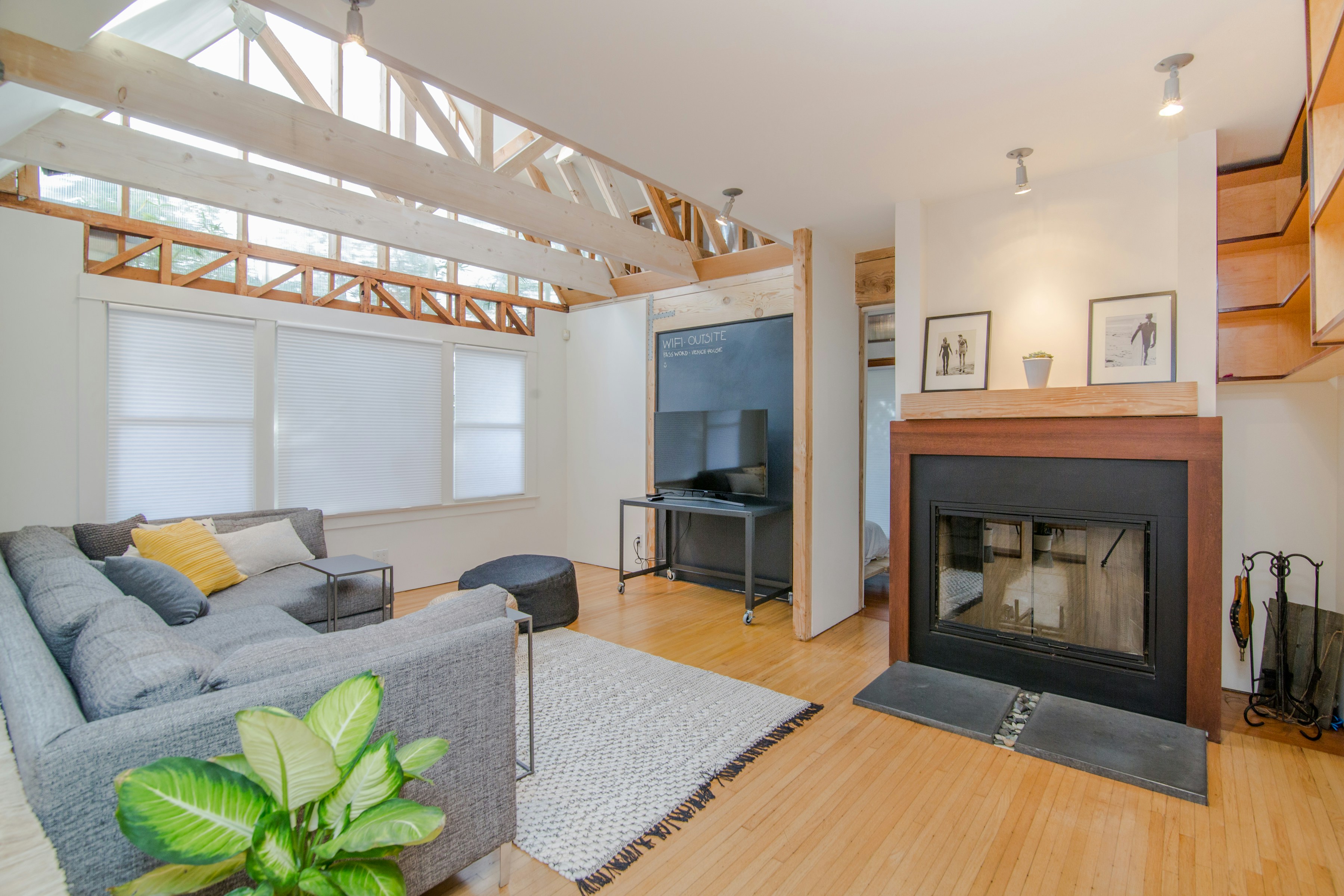
Purchasing a new home stands as one of life’s monumental decisions, often intertwined with emotions, aspirations, and substantial financial commitments. While visions of personalized décor and vibrant neighborhoods may dance through the mind, it is important to ground these dreams with a focused strategy. Anchoring your decision-making process with strategic considerations will pave the way for a more fulfilling homeownership experience, allowing for fewer regrets and more satisfaction.
Location and Neighborhood
Location is not just a factor; it’s the cornerstone of home purchasing. An idyllic view or peaceful environment may initially enchant buyers, but practicality must not be overlooked. Proximity to work, schools, amenities, and transportation hubs are some factors that define the suitability of a location. No amount of architectural grandeur can subdue the frustration of a tedious daily commute or severe restrictions on essential services. Evaluate the neighborhood’s potential for development, as evolving infrastructure can significantly impact property values. A vibrant community increases the home’s appeal and the owner’s sense of belonging.
Consider poring over local crime statistics to understand safety levels and peace of mind for your family. Though no neighborhood is immune to crime, some areas offer better security and lower incidences, providing comfort and stability to homeowners. Community initiatives, local law enforcement engagement, and neighborhood watch programs can be positive indicators of a well-maintained environment that you might gladly call home.
Budget and Financial Planning
Establishing a clear understanding of one’s financial situation is paramount. It is not simply about the list price of a home; various hidden costs often add up. Closing costs, taxes, insurance, and maintenance must be woven into the budget to prevent unwarranted financial strain. Shaping an exhaustive and realistic budget preserves liquidity and supports future financial goals. Consult with financial advisors to ensure that financial commitments do not surpass your tailored budget, pushing you into an overextended financial territory.
In addition to assessing immediate expenditures, anticipate future expenses such as potential renovations or upgrades. Factor in the possibility of financial growth or setbacks within the forthcoming years, ensuring you’re prepared for any surprises both positive and negative. By considering future as well as current financial situations, your investment in a home remains sound and sustainable.
For those considering a vacation property or a second home, exploring alternatives like Woodhaven Port Orange can provide an appealing escape while maintaining a realistic budget. These properties not only offer a serene getaway but also allow for wise investment opportunities.
Home Structure and Condition
Understanding what lies beneath those appealing walls and glistening tiles is imperative. A new home must not only match your aesthetic preferences but also meet structural integrity standards. Inspections can uncover undesirable surprises and reveal major issues like faulty plumbing, electrical systems, or inadequate insulation. It is vital to understand the architectural layout and ensure it matches the family’s functional needs—from room sizes to kitchen setups. Evaluate the state of necessary amenities, satisfying immediate family needs without the urgency for remodels.
Climate-specific considerations, such as insulation quality, window seal strength, and roofing materials, can become vital for long-term comfort and energy efficiency. In regions prone to extreme weather, these factors can significantly influence both the home’s comfort level and the owner’s utility costs. Proactively addressing these elements during the buying stage can save on corrective expenses later.
Market Trends and Timing
Attuning oneself to market trends and cycles can prove advantageous. It is often highlighted that buying during the off-peak seasons or negotiating during a buyer’s market can yield more favorable conditions and offer opportunities for better prices. While no market movement is entirely predictable, observing average property values, interest rates, and local real estate patterns can sharpen your purchasing prowess. However, avoid getting caught up in speculation. The desire to swiftly capitalize on fluctuating rates should never override long-term benefits and personal needs.
For clarity on true property value trends, consult with reputable real estate professionals or access local databases that track changes in property sales and appreciation rates. Understanding historical trends within the region can provide context about future changes and opportunities, guiding a more informed purchase.
Legal and Contractual Aspects
The legal maze of home buying necessitates careful navigation. Contracts should be scrutinized meticulously, preferably with a legal professional or real estate agent. Understanding contingencies, clauses, and any exceptions is important, as these documents dictate responsibilities, timelines, and potential penalties. Be diligent in understanding homeowners association agreements, zoning laws, and any deed restrictions that could limit how you personalize or use your property.
Resale Value
Even if you intend for your home to be a long-term sanctuary, circumstances evolve, and the need to move might surface unexpectedly. Consider factors that contribute to sound resale value, such as location vitality, infrastructure evolution, and home condition. Pursuing properties with unique features that stand the test of time or those located in flourishing areas can ensure the home remains appealing to future buyers, securing its place as a financial asset.
Examining the broader trajectory of the local economy can give hints on future property values. Areas experiencing economic growth might predictably see real estate appreciation, providing a secondary advantage to your home purchase. Local job opportunities, business investments, and infrastructure projects should factor into your resale considerations, offering longer-term prospects of value retention and increase.
The act of purchasing a home transcends mere desire; it sits at the heart of your lifestyle, stability, and future aspirations. By tackling the decision with a calculated approach and strategic factors in mind, homeownership transforms from a gamble into a carefully orchestrated investment. Each home holds a unique narrative, waiting for the right owner—let strategy be your guide to finding yours.